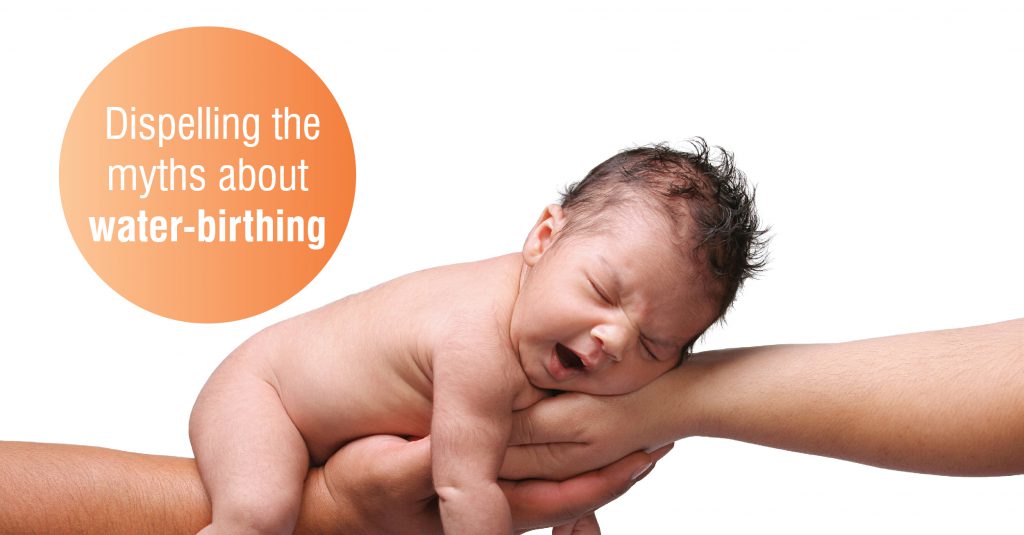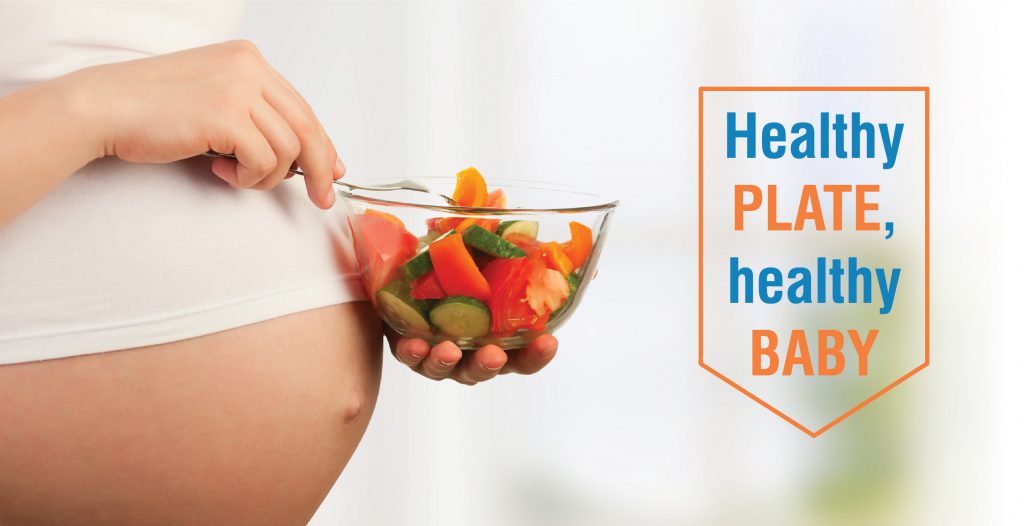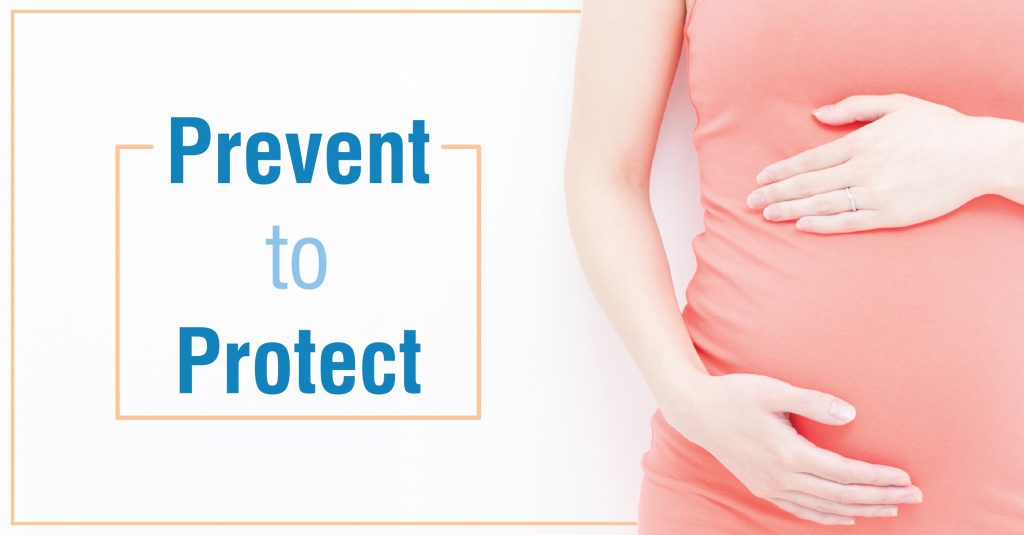
Water-birth is becoming an increasingly popular birthing option. There are, of course, many safety questions that might bother you. From concerns about infection to worries about your baby drowning or ingesting water, you could hear many myths about water-birthing. But you shouldn’t worry as long as you have the right guidance from trained professionals who will care for you.
It’s safe for you and your little one to labour in water if you’re healthy and if your pregnancy is going well. However, there isn’t enough evidence yet to say whether giving birth in water is safer as compared to giving birth out of the water.





